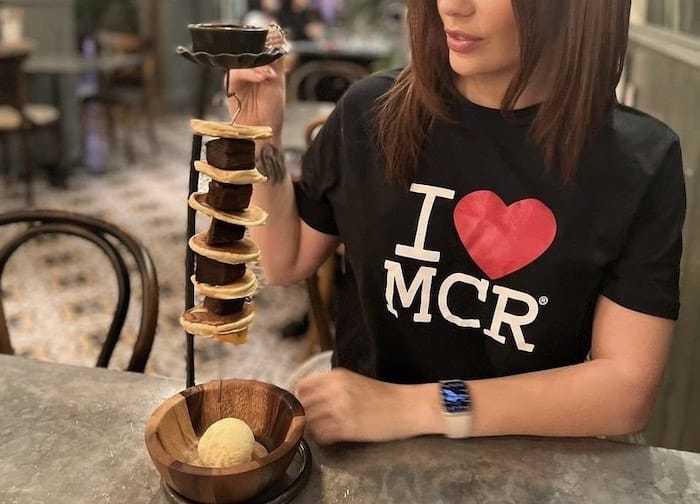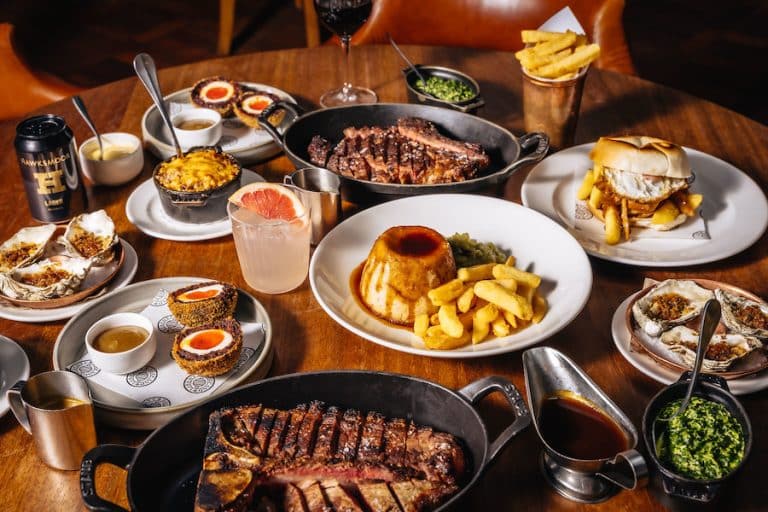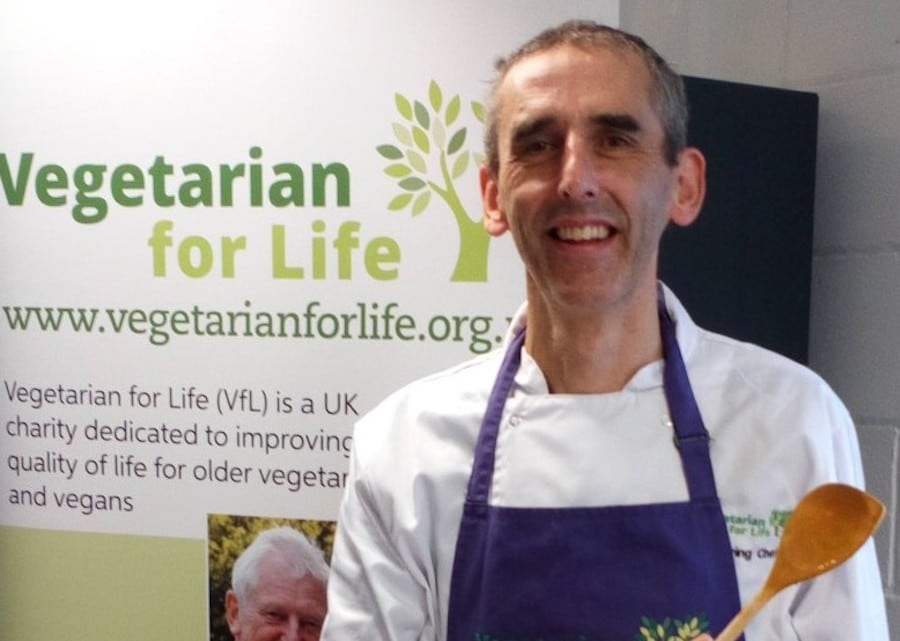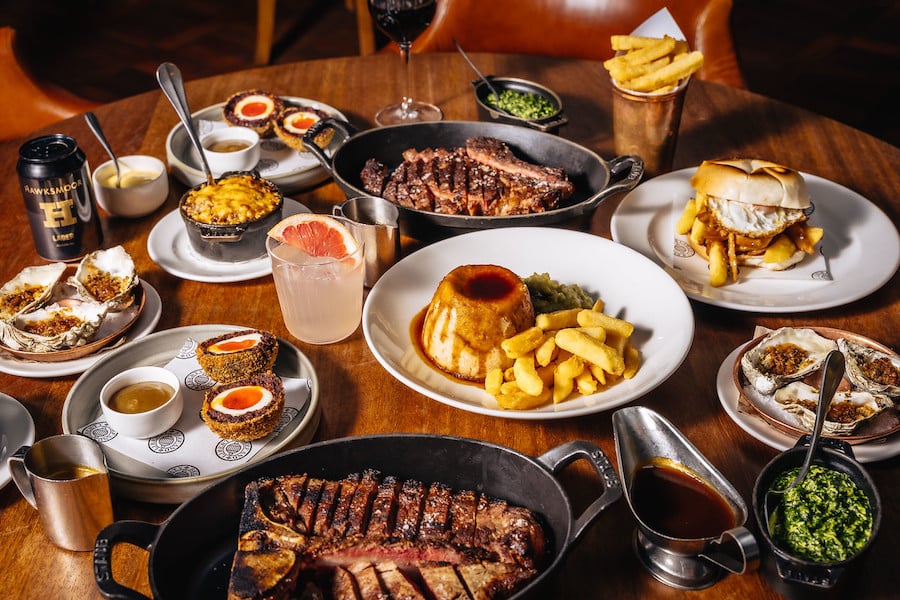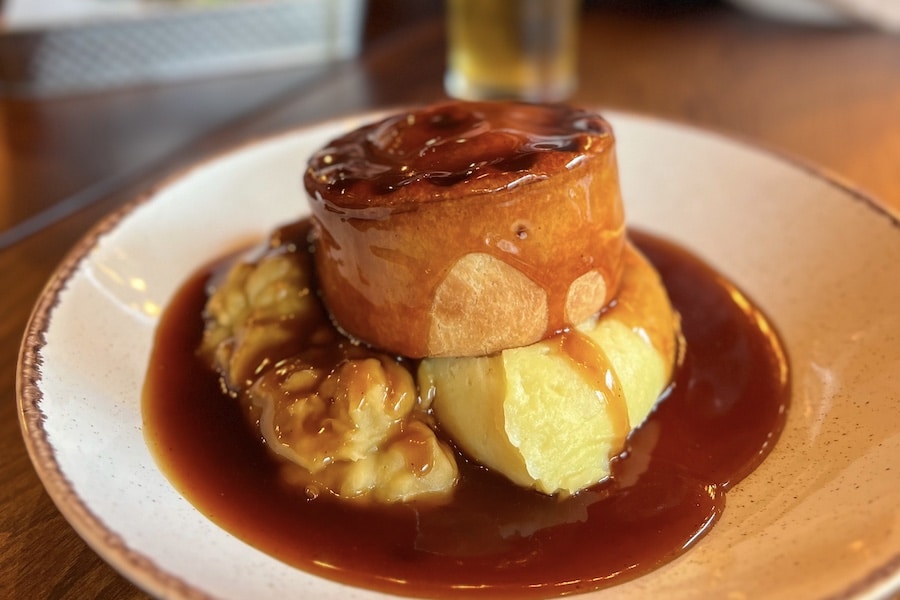Can micro brewers go macro without losing their street cred?
- Written by Tom Ingham
- Last updated 8 years ago
- Food & Drink
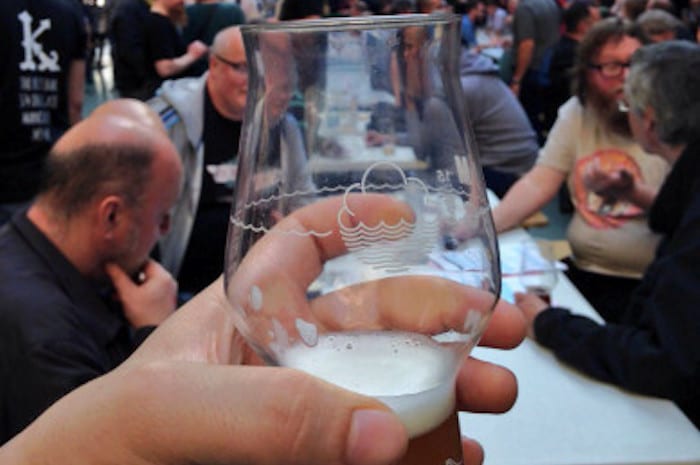
“There’s too much snobbery,” says the man behind Beers Manchester, better known to his friends and followers as Jim.
“Breweries are in the business to make money. As soon as they do a deal with a supermarket, grab the popcorn, the backlash is coming”.
The likes of Waitrose and Co-op have started to favour craft breweries over more mainstream brands like Heineken. Both have increased their shelf space for craft beer.
Avid beer fans who’ve stepped foot into a Tesco in recent times can’t help but notice that the rock bottom prices on Brewdog and Vocation cans. But how does this affect the brand and the wider craft community?
Jim, also founder of the Independent Salford Beer Festival, back for its fourth outing this year, doesn’t seem worried.
“Vocation beers taste no different if they’re bought in Tesco or A N Other boutique. My major concern would be with ‘exclusivity’.
“So, let’s say Vocation. I have a farming analogy. Drive around Lincolnshire. You will see huge fields of an individual crop – potatoes say – marked ‘grown exclusively for Tesco’. But what if a farmer in the next town can grow more potatoes. Tastier. Cheaper? Farmer 1 gets jilted. And has an entire capacity that he or she can’t sell. Frightening.”
Many independent bottle shops simply cannot compete on price with supermarkets, but with small brewers needing to make a living, should this be viewed as widening craft beers appeal and promoting the consumption of smaller-batch breweries, or selling out?
https://twitter.com/ChorltonBrew/status/783276453198790656
“Craft brewers have every right to go into supermarkets – they’re businesses after all and they need to sell beer to survive,” says Matt Curtis, beer writer and founder of Total Ales.
“Supermarkets allow breweries to shift volumes and still make a decent margin on their beer. It’s what the supermarkets sell the beer for that can cause issues.
“Supermarkets are able to work on margins I can only describe as hideously low. I mean 8-10% low. It’s illegal for breweries to set a retail price. The supermarket can sell a product for whatever it likes and the brewery has little control over its production. The issue here is what the consumers perception of that price point could do in terms of a brewery’s brand value. If beer is being discounted then that businesses brand will also be cheapened”.
The convenience of grabbing good beer at a train station, for example, is a positive for me. Northern Monk’s Eternal cans from M&S were a welcome companion after a long day in the capital.
However, the experience I had was no more than simply grabbing something of the shelf and going to a self-scanner. There wasn’t an abundance of choice, no recommendations, no opportunity to drink beer on draft and subsequently I have no loyalty to that store. It was simply a transaction.
It seems like every brewery has their own decision to make, and whether they can ensure quality and brand protection against these buying giants. What is clear is that supermarkets don’t offer the sense of community, quality and experience that walking into your local bottle shop does.
https://twitter.com/NMBCo/status/864557171975041026
“On the other side there is the argument that everyone should have access to great beer – and this will always be true,” says Curtis.
“There will always be good value beer in the supermarket and there will always be the opportunity to explore and maybe pay a little more at an independent bottle shop. What we’ll see over the next five years is craft beer split into a low, middle and high tiers of price point and each of these tiers will have to compete for its own share of the market”.
I’ve seen some indy bottle shops refuse to stock Vocation on Twitter, but the approach Leeds based Northern Monk brewery have taken seems to have hit the spot. Sell your bulk core brands to a supermarket and the smaller batch – nicher – stuff independently.
So, having said all that, would someone like Mr Beers Manchester shop at a supermarket for craft beer?
“Only if I’m off to a BBQ or eating at friends. Supermarket beer equals fridge beer. I’ll keep supporting the smaller guys.”
Simply put, if we want more of something, we get it. Supermarkets’ craft range reflects this. But Tesco have also approached the likes of Chorlton Brew Co, who predominantly brew sour beers, so it seems the big guns are not just content with well-established IPAs and pale ales.
The risk therefore lies with the brewer. Can you allow some of your range to be stocked in supermarkets without damaging your credentials as a craft beer producer? Although it’s relatively early days, the likes of Northern Monk seems to be on the right tracks in terms of growing the business whilst respecting the small, independent stores that supported them initially.
- This article was last updated 8 years ago.
- It was first published on 6 June 2017 and is subject to be updated from time to time. Please refresh or return to see the latest version.
Did we miss something? Let us know: [email protected]
Want to be the first to receive all the latest news stories, what’s on and events from the heart of Manchester? Sign up here.
Manchester is a successful city, but many people suffer. I Love Manchester helps raise awareness and funds to help improve the lives and prospects of people across Greater Manchester – and we can’t do it without your help. So please support us with what you can so we can continue to spread the love. Thank you in advance!
An email you’ll love. Subscribe to our newsletter to get the latest news stories delivered direct to your inbox.
Got a story worth sharing?
What’s the story? We are all ears when it comes to positive news and inspiring stories. You can send story ideas to [email protected]
While we can’t guarantee to publish everything, we will always consider any enquiry or idea that promotes:
- Independent new openings
- Human interest
- Not-for-profit organisations
- Community Interest Companies (CiCs) and projects
- Charities and charitable initiatives
- Affordability and offers saving people over 20%
For anything else, don’t hesitate to get in touch with us about advertorials (from £350+VAT) and advertising opportunities: [email protected]

Lowry’s most iconic painting becomes a thrilling immersive experience

Five’s first full reunion in 25 years hits Manchester this Autumn








